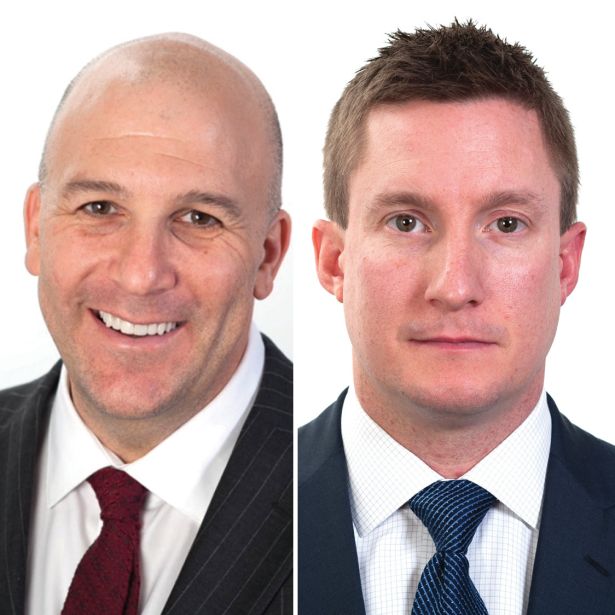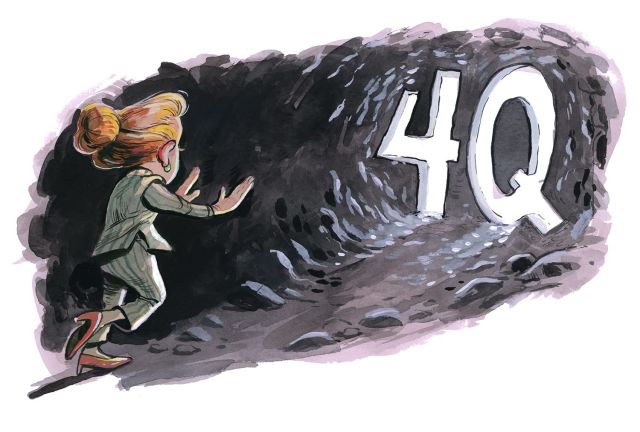
Rob Verrone and Christopher Herron
Principal; Managing Director at Iron Hound Management Company
Last year's rank: 26

Very few commercial real estate companies do what Iron Hound Management Company (IHMC) does. And it’s times like these that the team plays a more critical role than ever.
IHMC remains one of the few shops that has both capital markets expertise in debt and equity placement as well as a true restructuring business that’s transacted through three market crises: the Global Financial Crisis (GFC), the COVID pandemic, and this current crisis.
“Our business is well-hedged — in a manner of speaking — with a debt/equity placement focus on one side and the restructuring business on the other. In theory, one side should always be moving in a fluid motion,” Chris Herron said. “In recent months we’ve remained extremely busy. However, the majority of new assignments at the moment are restructuring related with a majority of these being extension needs on maturing loans.”
Over the past year alone, Iron Hound closed $4.3 billion in transactions, $3.1 billion of which were restructurings. Those ranged from a North Michigan Avenue retail asset in Chicago to a nationwide limited service hotel portfolio to several Manhattan office buildings.
As the impending maturity wave dominates news headlines, Herron and principal owner Rob Verrone’s team is going full throttle in helping borrowers navigate the opaque world of loan modifications, extensions, and negotiating CMBS loans with special servicers. And, for some borrowers, the difficulty in snagging an extension has been a rude wake-up call.
“Many people assume that getting an extension completed is a relatively easy task,” Herron said. “But part of the reason we have — and built — our business is that getting a modification is not an easy task.”
Herron gave the example of the multiple motivations that need to be anticipated and juggled in a CMBS modification — from special servicers to junior bondholders and senior bondholders.
The restructuring business particularly picked up in the third and fourth quarters of 2022, with a surge of requests for help with loan extensions and modifications, and many deals that couldn’t get suitable debt or equity instead becoming restructuring assignments. “We expect this trend to continue for the foreseeable future until some normalcy in the fixed-income markets returns and lenders develop better conviction in certain asset classes,” Herron said
“If we compare this period to the post-GFC restructuring world, there was a different conviction level in the marketplace in 2010 to 2013 then that was much more aligned with basis in an asset or asset class in general,” Herron said. “At that time, there were people willing to make bets at some reduced basis level — so I would own that office asset at X price per foot all day long.”
Today, however, that owner/new buyer is demonstrating a lack of conviction around certain assets — office in particular — relative to its current use. “There are many market participants, some of whom had strong opinions on the direction of the world 12 years ago, that are now largely absent from the market and waiting on the sidelines to see where things settle. This recent trend is a large part of the reason so many clients have found themselves in need of restructuring conversations with their existing lenders.”
The company is prioritizing existing clients today. But it’s also expanding its reach to service new clients near its core client base — especially with several borrowers now experiencing the inability to pay off or refinance a loan for the first time and unfamiliar with the maze of CMBS.
On the new originations front, Iron Hound was no slouch either, sealing $1.2 billion of debt and equity adviser assignments across 16 transactions in eight states. —C.C.







